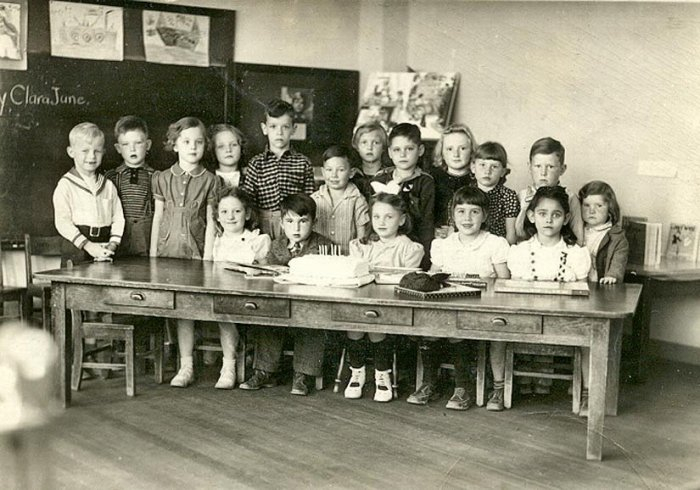Horace Mann attemped to reenact the German educational system in the United States.
The Prussian educational practices of the 1800s have long piqued the interest of American academics. Horace Mann traveled to Prussia in 1843 in an effort to uncover the factors that contributed to the success of their public education system.
By promoting aspects of European education, such as the elimination of physical punishment, upon his return, he aroused the wrath of conservative American educators. Officials from the church also opposed him because of his support for nonsectarian education. Mann pushed for the establishment of public common schools by opposing sectarian education and promoting training in universal Christian principles and values that would empower pupils to form their own moral judgments. Mann's non-sectarian approach to public education was attacked at the time (and is still considered as such by some now) as being antagonistic to religion and harmful to both individual and society values. The public's desire for public school system reform was only increased by these attacks, nevertheless.
Despite facing opposition from conservatives, Mann set about establishing a network of what are known as "Normal Schools" around the country after his return from Prussia. These were the places where people who had just finished their secondary education went to get teacher training. One of the interesting facts about Horace Mann is that he was of the opinion that women were more suited for the teaching profession than men. In addition, he insisted that a school must have adequate funding and resources in order to operate effectively.







